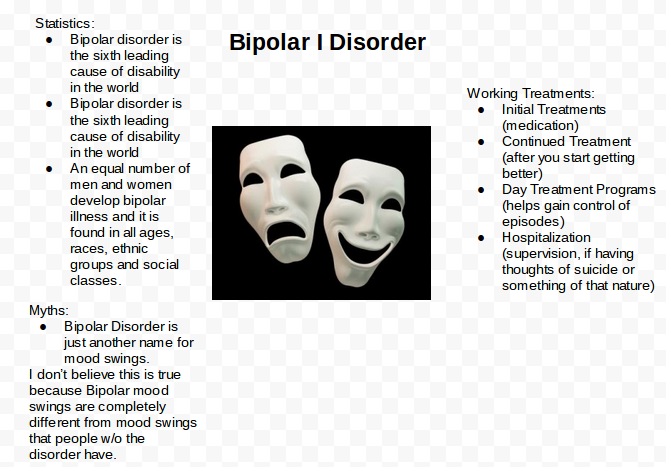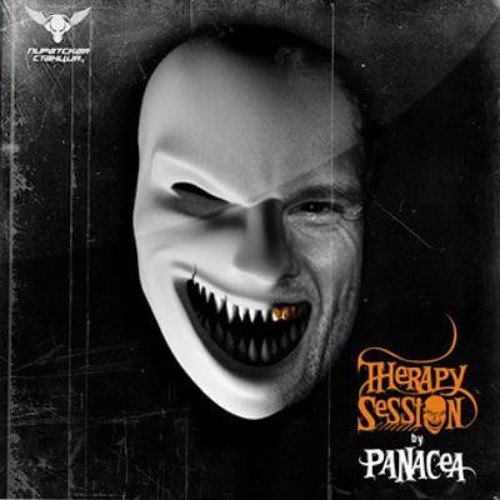How to tell your therapist something hard
4 Tips On How To Tell Your Therapist Something Hard or Embarrassing
As a BetterHelp affiliate, we may receive compensation from BetterHelp if you purchase products or services through the links provided.
People avoid the topics they need to talk about the most for a variety of reasons. When people admit they are having an affair or yell at their kids, for example, they sometimes worry that the therapist will have an unfavorable opinion of them. They can also find the situation embarrassing (anything involving sex). They may also be in denial (Sure, I drink too much, but it doesn’t really affect my life much). People may conceal information out of fear of being disbelieved. Additionally, people may withhold information in order to avoid not only the therapist but also themselves—to avoid facing their guilt, their anguish, or the truth they know they need to disclose. So then,
how do you tell your therapist something hard or embarrassing? That’s what we will help you with today.
Some people have anxiety about uncomfortable situations, and for some of those same people, therapy is uncomfortable. Ironically, therapy is the best place to work through those feelings. In fact, discussing some challenging subjects in treatment is not only vital, but it can also be the perfect opportunity to explain why the subject is so challenging for you. It’s crucial to keep in mind that you might benefit most from therapy when you express your true feelings, even when those feelings pertain to the therapy itself.
Post Contents
Tips For How To Tell Your Therapist Something Hard Or Embarrassing
Being open with your therapist will teach you how to be more open with others as well. The therapist’s office is a safe place to understand and work through your issues. That is why it is important to feel comfortable with the therapist. That way, you can learn to trust and confide in your therapist.
Here are four tips for how to tell your therapist something hard or embarrassing:
1.
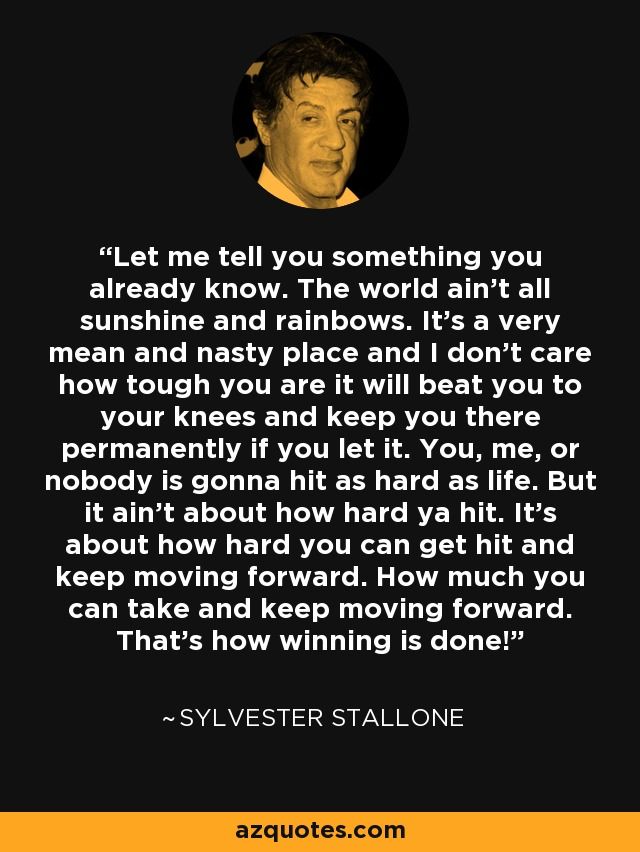 Be Aware Of Your Anxiety
Be Aware Of Your AnxietyBe aware of the anxiety that you have from talking about something that may be hard or embarrassing to talk about with your therapist. While it’s normal and OK to have these feelings, the sooner that you can open up about the issue, the sooner that you can begin to overcome it. Explaining your difficulty or embarrassment to your therapist is the first step.
You can begin by discussing your concerns with your therapist. Be honest with them. Tell them that you have been afraid to talk to them about something, but have found it hard to do so.
Recognizing that sharing is difficult for you might also be an important piece of information for you and your therapist to work on.
In doing so, you and your counselor create a space where you may talk about what is bothering you and preventing you from moving forward, which may be easier than simply talking about the problem.
Read: What to do if your therapist doesn’t believe you
As a BetterHelp affiliate, we may receive compensation from BetterHelp if you purchase products or services through the links provided.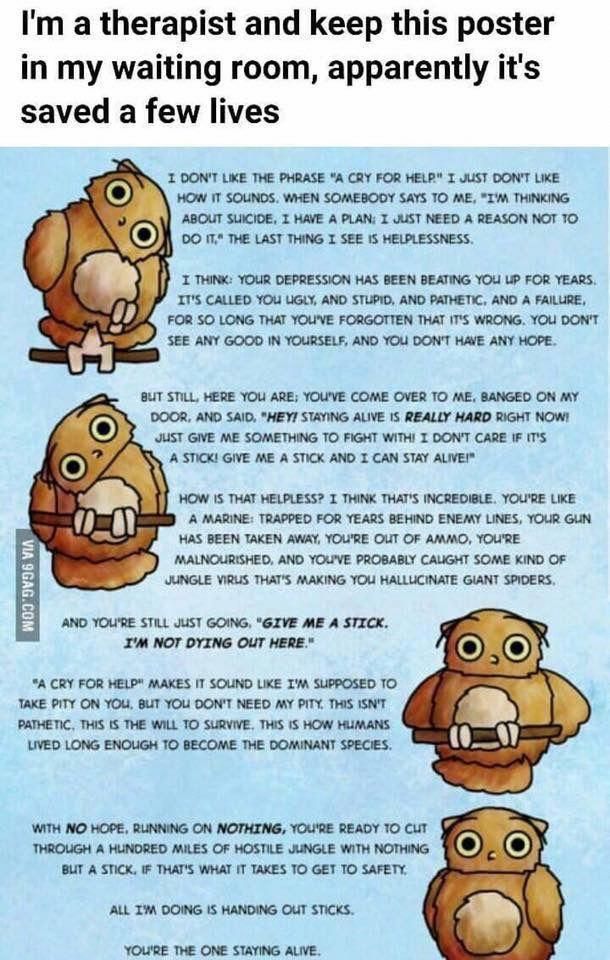
2. Talk About It When You’re Ready
You must realize that you are free to talk as much as you choose, that your therapist cannot pressure you, and that you have every right to consider an issue carefully before discussing it with your therapist.
After your first session, you can wait until you’re ready to talk about the major issue before doing so.
Here are a few things to keep in mind if you wish to chat to them about something difficult:
If you and your therapist have a good rapport, don’t worry about them passing judgment; being open with them will only help them get to know you better and enable them to assist you in helping you.
So that you and your therapist can effectively work on the difficulties together, be sure to discuss it during the appointment instead of on your way out the door or outside of the session.
Additionally, keep in mind that once anything is brought up, you will need to deal with it, including the awkward emotions that come along with it in addition to the actual matter.
3. Don’t Fear Being Judged By Your Therapist
You must realize that your therapist has received training in this area and are happy to guide and support you.
Any ethical therapist will not let this information influence how they see you or how they work with you. So it’s important to not be afraid of being judged or shocking them.
Talking about your anxieties with your therapist can be a fantastic place to start.
4. Realize The Benefits of Being Direct
No matter what you might say, no matter how hard, unpleasant, ugly, or upsetting it may be, realize that your therapist may have worked with clients with similar issues in the past and won’t be alarmed by it.
Rather, if they are to assist their clients in working on themselves, they value and prefer to have a candid revelation of what is challenging for them.
It is important to be direct and upfront with your therapist about your problems in order to promote your personal development and mental wellness.
You must be aware that if there is something that could put you or others in danger, they may need to violate their duty of confidentiality to keep you safe. This is necessary by law.
Read: Signs your therapist doesn’t like you
Final Thoughts
Even if facing uncomfortable realities may be a cost of sharing them, the benefit is freedom. The opportunity for progress is provided by the truth, which frees us from the chains of our inner prisons. But the more you wait, the more serious the issue grows. That’s why you’d be better off focusing on how you’d be spending more of your own time if you simply opened up and dealt with the issue, instead of worrying about whether you’re wasting your therapist’s time. Now that we’ve given you the knowledge of how to tell your therapist something hard or embarrassing, it’s up to you to make the choice to do so.
If you feel like your current therapist isn’t a good fit for you, that could be why you are afraid to tell them something hard. Don’t be dissuaded to find a new therapist that you would be more comfortable with on BetterHelp.
Don’t be dissuaded to find a new therapist that you would be more comfortable with on BetterHelp.
As a BetterHelp affiliate, we may receive compensation from BetterHelp if you purchase products or services through the links provided.
Category: Online TherapyTag: Anxiety Counseling, Couples Therapy, Depression Counseling, Divorce Counseling, Family Counseling, PTSD Therapy, Sex Therapy, Trauma Therapy
6 Awkward Things You Should Always Tell Your Therapist
Source: Mego studio/Shutterstock
People have all different levels of comfort when it comes to talking about difficult things with their therapists, just as people can vary greatly within their real-world relationships. We all know those people who are all too willing to dive into a potentially difficult conversation with gusto—they'll send a soup back a second or third time if it's not exactly the right temperature. At the other end of the spectrum, others will eat a cold soup—even with a hair in it.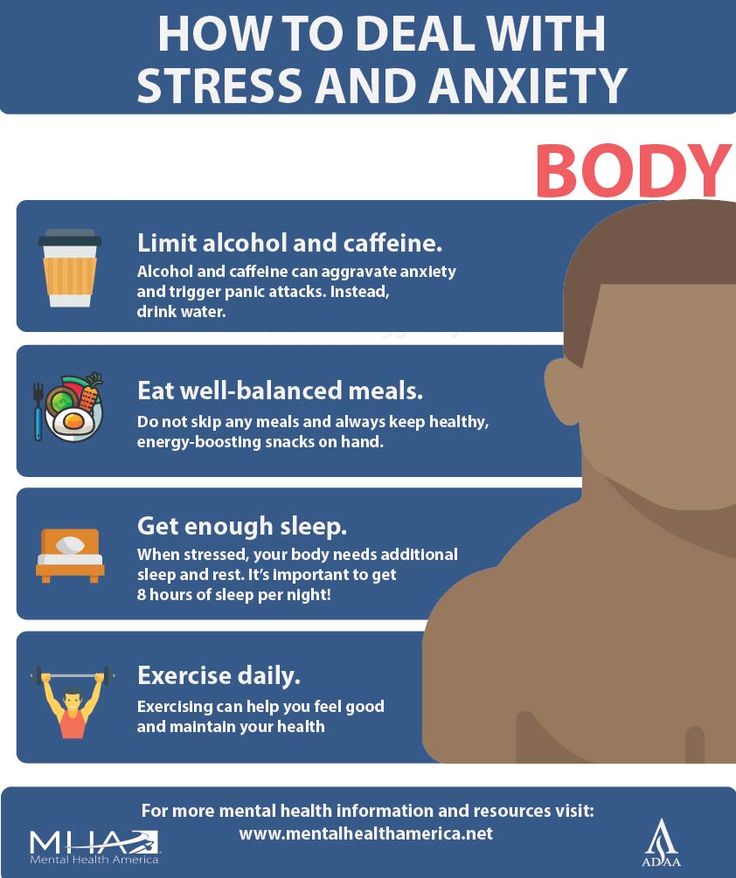
For those who have anxiety around potentially awkward situations, and are experiencing something difficult within their therapy, therapy itself is the very place to work through that. In fact, not only are certain difficult topics important to bring up in the therapy setting, but that setting can provide the ideal place to talk about why a topic is so difficult for you.
It's very important to remember that you can get the most out of therapy when you bring up what you are truly thinking and feeling—even when, or especially when—it involves the therapy itself. If you don't want to say it, you can bring in a piece of paper to have the therapist read, spelling out that you need to have a conversation that's difficult. Here are six common topics that can be tough to talk about, and why you're doing yourself a favor if you can put them on the table.
1. There is an issue or behavior you haven't revealed to them.
It's quite common not to tell your therapist your deepest, darkest issues right away. And it can be fine to begin therapy talking about one main issue and being slow to reveal something going on deeper under the surface until you feel more comfortable. Wait too long, though, and you're just wasting time and preventing yourself from working on it or understanding how significantly it may be connected to the issues you are talking about.
And it can be fine to begin therapy talking about one main issue and being slow to reveal something going on deeper under the surface until you feel more comfortable. Wait too long, though, and you're just wasting time and preventing yourself from working on it or understanding how significantly it may be connected to the issues you are talking about.
Maybe you're OK talking about your depression symptoms but have never told anyone about childhood sexual abuse, and can't seem to bring it up even with your therapist. Or maybe you've omitted just how much you drink, how often you take painkillers, your problems with binge-eating, or the fact that you have extreme road rage. Whether it's because it's embarrassing, scary, or shameful to talk about it, you eventually need to—so that the therapist can get a fuller picture and you can really start working on the root of the problems, rather than the more surface-level symptoms that you might be hiding behind.
It is worth noting, of course, that there are some times when your therapist might be put in a position of potentially having to report a situation to get further help. Almost always these involve imminent danger to the health or well-being of you or another specific person. Your therapist should have spelled all this out clearly for you during the informed consent process before you started therapy. If you are unsure or concerned, you can broach the topic generally to get further clarity about confidentiality limits before giving details.
Almost always these involve imminent danger to the health or well-being of you or another specific person. Your therapist should have spelled all this out clearly for you during the informed consent process before you started therapy. If you are unsure or concerned, you can broach the topic generally to get further clarity about confidentiality limits before giving details.
2. They said something that has upset you.
Maybe it was an offhand remark that you felt minimized what you were working on or a way that they interpreted something you said that you found to be condescending or unhelpful. Ideally, you would bring up your reaction in the moment—such honest and open discussion of those interpersonal interactions and emotional responses can be the stuff that great therapy is made of.
But if you didn't say anything at the time and you find that it is sticking with you and continuing to annoy or upset you, it can still be extremely useful to bring it up, perhaps even more so. For one thing, your therapist can better understand how and why they erred, and get a fuller picture of your emotional make-up that they might not have realized before. For another, it can prevent similar situations from getting in the way of the therapeutic process and can help build an even more emotionally intimate relationship.
For one thing, your therapist can better understand how and why they erred, and get a fuller picture of your emotional make-up that they might not have realized before. For another, it can prevent similar situations from getting in the way of the therapeutic process and can help build an even more emotionally intimate relationship.
3. You are unsure if you are making progress.
For many people, especially if they are conflict-avoidant, one of the most difficult conversations of all is to express doubt or dissatisfaction about the therapeutic process or, even more specifically, the therapist themselves. A large percentage of people would rather just stop seeing the therapist than have this conversation and try to recalibrate whatever doesn't seem to be working.
Of course, this can be an understandable reaction. Some therapists are simply better than others, and even when competence is not an issue, the match can be—certain styles and theoretical orientations and personalities are more bound to click with your needs than others are.
But other times, feeling stalled can be part of the therapy process itself, as there's a certain truth to the fact that sometimes you must feel worse before you can get better. This is virtually a guarantee if you are reopening old wounds or spending a lot of time talking about things that sadden or anger or frighten you. And to flee the therapy at that crucial point can be shooting yourself in the foot—doing the work without sticking around to get the reward. So bring it up instead, and see where it goes.
4. You are having difficulty with payments.
Money and financial arrangements can often feel like an annoying pest intruding upon the therapy at best or a serious stressor that threatens your ability to be in therapy in the first place at worst. Many therapists dislike dealing with the financial arrangements as much as you do—that's why we became therapists and bypassed majoring in accounting.
But all too often, a client may be having trouble coming up with payments, and by not being direct about it, the therapist has no idea. The client then digs themselves into a deeper and deeper hole, where they might be prone to break off the relationship without warning or default on payments—neither of which is going to help them feel better.
The client then digs themselves into a deeper and deeper hole, where they might be prone to break off the relationship without warning or default on payments—neither of which is going to help them feel better.
5. You feel they're not getting something.
Maybe you've tried explaining a relationship or a feeling or a habit of yours, and instead of feeling understood and validated, you've felt like your therapist is misconstruing what you're saying. Or maybe they're unfamiliar with a certain aspect of what you're going through at work because they have no clue about your industry, or you feel like they're minimizing something that really bothers you. Give them a chance to get a clearer picture by talking to them about how you're feeling unheard about it. The more the therapist realizes that they're missing the mark, the harder they can try to really understand and do the work with you that you deserve.
6. They're doing something that you find disconcerting.
No therapist I know will ever admit to being the one who takes phone calls during sessions, is routinely late, nods off, glances at the clock obsessively, or reveals too much about themselves. And yet I've heard clients say that they've actually experienced plenty of this in past therapeutic relationships!
Of course, it is reasonable if you experience one of these transgressions that you might want to end the therapy without having a discussion about it. But if you're otherwise doing good work together, don't let it be tainted by not bringing the issue to the therapist's attention. That will give you the opportunity to see if it is just a singular oversight that can be corrected, or if it's part of a more problematic pattern that means they're not the therapist for you. If you never bring it up, you'll never know—and you risk losing the investment you've already put in.
To find a therapist near you, visit the Psychology Today Therapy Directory.
LinkedIn/Facebook image: Mego studio/Shutterstock
Feeling unwell? Pain? Which doctor should I go to?
Dear patients!
Statistics show that in a number of cases (from 10 to 30%) visits to specialist doctors, to which the patient can make an appointment on his own or come without an appointment, are non-core. That is, a person fell ill, for example, in the stomach, and he decides that he needs to visit a surgeon. And the surgeon, having examined the patient, sees that the disease is not his profile. The person may have an indigestion, pancreatitis, or other NON-SURGICAL condition. A recent example: in January, 86 people with arthritis, arthrosis, dermatitis and osteochondrosis were seen by surgeons of our polyclinic outside their profile. Of course, they should receive medical care from specialists of a different profile. nine0005
That is, a person fell ill, for example, in the stomach, and he decides that he needs to visit a surgeon. And the surgeon, having examined the patient, sees that the disease is not his profile. The person may have an indigestion, pancreatitis, or other NON-SURGICAL condition. A recent example: in January, 86 people with arthritis, arthrosis, dermatitis and osteochondrosis were seen by surgeons of our polyclinic outside their profile. Of course, they should receive medical care from specialists of a different profile. nine0005
Bottom line: wasted time for both: the specialist could use it to help “his own”, profile patient, and the visitor could use it to visit the right doctor.
Doctors of our polyclinic have prepared recommendations for residents of the Industrial District , attached to GKP No. 2, in order to minimize the time and nerves spent and make the visit to the institution as effective as possible.
First, you can go without an appointment to the emergency department, which will refer you to the right specialist if necessary. What complaints are accepted in the emergency department, read here: http://gp2.medicalperm.ru/informacija-dla-pacijentov/zdes-vas-primut-bez-zapisi
What complaints are accepted in the emergency department, read here: http://gp2.medicalperm.ru/informacija-dla-pacijentov/zdes-vas-primut-bez-zapisi
Reasons for contacting (recording) a general practitioner
The general practitioner is the first and main doctor to whom the patient should go in case of any health problems. After a detailed examination and questioning of the visitor, the doctor will be able to determine what additional examinations and tests he should be directed to.
The therapist not only identifies possible internal diseases, but also proposes a plan for their treatment and then refers the patient to the narrow profile of the appropriate doctors who specialize in these pathologies. nine0005
The patient should make an appointment with a general practitioner if he/she has the following symptoms:
- Temperature increase over 37 degrees
- Pain and discomfort in any area of the body
- Headaches for a long time
- Cough, runny nose, sore throat
- Weakness, bad mood, lack of appetite
- Feeling tired from early morning nine0037
- If there were injuries, also foreign objects getting into tissues or organs
- In the presence of local pain in the spine, knee and hip joints
- Inflammation of internal organs, soft tissues
- For hernias, frequent attacks of acute abdominal pain
- Tumors (benign and malignant)
- Malformations of organs.
- Abscesses, boils or other purulent inflammatory formations
- Acute, sudden onset and persistent abdominal or chest pain
- Sudden dyspnea
- Miscellaneous skin injuries: cuts, wounds (both with and without bleeding)
- Chilliness of the legs (feet and toes), which is accompanied by lameness and fatigue
- Swelling, redness and pain of any localization, which usually indicates purulent inflammation
- Severe cases of ingrown nails and panaritiums
It is very important not to try to make a diagnosis on your own and not start treatment with improvised folk remedies. This should only be entrusted to experienced professionals. Otherwise, you can cause serious irreparable harm to your health.
This should only be entrusted to experienced professionals. Otherwise, you can cause serious irreparable harm to your health.
You can find out how to make an appointment with a therapist on the main page of our website: http://gp2.medicalperm.ru/informacija-dla-pacijentov/kak-zapisatsa-k-vrachu/
records in our clinic compared to last year has decreased significantly. nine0005
What problems should be addressed to a surgeon
For help, a surgeon should be contacted in such cases:
The reasons for an urgent visit to the surgeon are:
Also, if pain at the site of inflammation keeps you awake for a maximum of one night, you need to urgently go to the surgeon.
Dear patients! We hope that our recommendations will help you. With all questions, please contact our website, suggest topics that interest you. If the rubric Educational program for a patient is in demand by you, we will continue to maintain it on the website of GKP No. 2.
7 things I shouldn't have said to my therapist but I'm glad I did
Sometimes the dirty, dirty remarks we make are some of the brightest.
Share on Pinterest
I would call myself something of a veteran when it comes to psychotherapy. I've been seeing a therapist my entire adult life - now the last 10 years.
And among the many benefits it has helped me identify areas where I still need to grow. One of them is a tireless perfectionist. nine0005
Therapy is hard no matter what, but I think it's especially hard for those who insist on doing it "perfectly" (warning, spoiler: no).
Which, in my opinion, turns out to be pleasant for people. Namely, my reluctance to be honest in certain situations, my fear of being criticized or criticized, and my desire to cover up when I fight (ironically, given the fact that I started going to therapy because I tried),
However, looking back, I see that some of the most important advances in therapy occurred when I stopped trying so hard to please my therapist.
In fact, the most powerful moments we had together were when I had the courage to tell him something that I absolutely knew I shouldn't have said.
When I allowed myself to be extremely honest, we managed to do a much deeper and more reliable work. So much so that I started working "unspeakably" as often as I could in my sessions. nine0005
If you have found language therapy (perhaps, like me, I am overly concerned about being a “good” or good client), I hope this list of my own confessions will inspire you to shed your therapy filter for good.
Because chances are high that you won't be as clumsy as I am after all.
content
1. “To be honest, I probably won't take this advice.”
I really will be with you…sometimes, no matter how sensible and well-intentioned my therapist's advice is, I just can't do it. nine0005
To be clear, I would like to. I really would. I think he is a very smart guy with a lot of good ideas! AS WELL AS? Sometimes when you're depressed, at least it should be lower because just getting out of bed can seem almost impossible.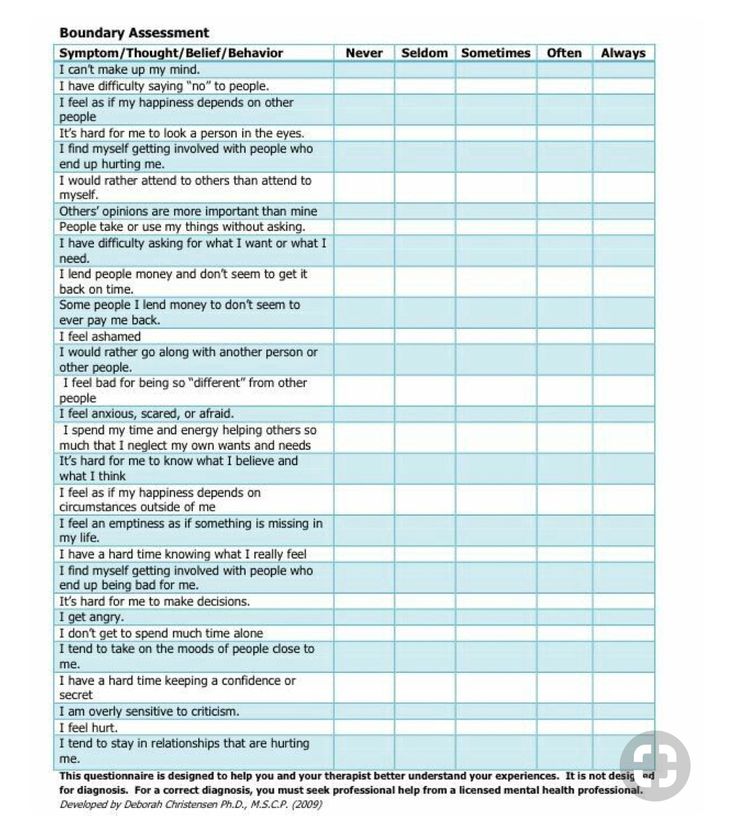
Sometimes when you are depressed? Reasonable doesn't always mean feasible.
Even worse, after a week of not doing one thing my therapist told me, I often found myself falling into shame, just embarrassed, afraid to go back to my office and tell him "I failed." nine0005
Fun fact: therapy is not a lesson you take/fail. It is a safe space for experimentation... and even failure provides an opportunity for new types of experimentation.
Now that my therapist is making recommendations that can't be made? I informed him in advance. This way we can come up with a plan that I actually follow, which usually includes smaller steps and achievable goals.
Even if I can't do it all? It also gives us something to talk about. nine0005
I now know that therapy is not so much about forcing myself to achieve what I want, but about facing myself (with compassion) wherever I am.
And while I'm honest about where I am, my therapist was more than happy to show up and receive me.
2. “I'm mad at you now.”
My therapist, bless him, gave a great answer when I told him I was mad at him. “Tell me why,” he said. "I can handle it." nine0005
And he really could.
Many of us did not grow up in an environment in which we could definitely express anger. Of course not me. And ideally, therapy is a place where we can practice that anger, articulate where it's coming from, and do corrective work that actually seems safe and effective.
This does not mean that it is easy to do. Moreover, it is strange to be angry at the one whose business they are doing, well, I'm helping you.
But when I finally started talking to my therapist when I was angry or disappointed with him, it strengthened our bond and trust in each other. It helped me better understand what I needed from him and also helped him better understand the types of support that would be best for me. nine0005
It also helped us identify some of the triggers that continued to affect my life and my relationships in ways we hadn't noticed before.
If you are angry with your therapist? Go and tell them. Because even in the worst case, if they don't have a good answer? This is information that can help you decide whether to continue working together or not.
You deserve a therapist who can handle your most difficult emotions.
3. “I wish I could clone you”
Well, actually I said, “I want to clone you. And then I could kill one of your clones so that my dead friend would have a really great therapist in the afterlife."
… Sadness makes people say and sometimes do very strange things, okay?
However, he realized that it was serious. He told me that as a fan of the TV show Orphan Black, he was definitely a #TeamClone, but seriously, I'm glad that our work together influenced me so much. nine0005
When you have a great therapist, it can be difficult to figure out how to convey to them how much you appreciate them. This is not a situation where you can just submit an edible composition and be done with it.
However, I have learned that there is absolutely nothing wrong with letting your therapist know how grateful you are for the way he has impacted your life.
They also like to be told that they are doing a good job.
Of course, I wouldn't recommend the "I'd kill your clone for my dead friend" route (I'm really weird, and to be honest, neither is my therapist, I am). But if you feel moved to let your therapist know that you appreciate them? Go and say. nine0005
4. “When you said that, I literally wanted to stop therapy and stop talking to you forever.”
Yes, that's a direct quote. And the closest therapy tantrum I've ever had.
This was at a time when even his soft suggestions seemed like too much pressure. And after one too many statements that said, “Have you tried…?” Well, I'm kind of lost.
I'm still glad I said that. Because until that moment, he had no idea how stunned I was. He didn't know that his suggestions had made me more worried, not less. nine0005
nine0005
And although he came out imperfect, it's actually good that he did, because it also helped him understand that I was more than just upset.
As we delved into it, I finally managed to tell him, "I feel like I'm drowning." Depression.
Sometimes the dirty, dirty remarks we make are some of the brightest.
Did I have that "moron"? This has led to an increase in antidepressants and the gentler support I need to get out of my depression. nine0005
So while I'm not happy about telling my therapist that I want to walk on the ocean and not have another session with him (again, sorry for this reading)… I'm glad you were able to bear my frustration and to tell that? do you need from me? It looks like you're really struggling right now."
5. “That doesn't seem right. I feel frustrated '
Customers don't just have bad days. Our therapists are people too, which means they won't always be perfect either. nine0005
In one session, I noticed that my therapist was a little rougher than usual. He tried to figure out how to support me; I struggled to name what kind of support I need in the first place.
He tried to figure out how to support me; I struggled to name what kind of support I need in the first place.
The strings crossed, and although it was thin, I felt everything tense up a little.
Finally I mustered up the courage to name it. "Are you mad at me?" I asked sharply. It was very difficult for him to say, but he started a much more vulnerable (and necessary) conversation.
He was able to name the fears that kept him frustrated in our session—more specifically, how he was worried about my relapse into the diet and self-isolation. And I could tell how his emotions during our session prevented me from feeling safe enough to be able to express my own, causing me to pull away instead of opening up.
Was it an awkward conversation? Absolutely.
But overcoming this embarrassment meant that we were able to practice conflict resolution in a safe and open way. And that has helped us establish more trust and transparency with each other over time. nine0005
nine0005
6. “I don’t know how much longer I can do this.”
As someone who writes a mental health advice pen, one question I often get from readers goes something like this: “If I tell my therapist that I'm suicidal, will they put me in jail?"
The short answer is that if you don't actively intend to harm yourself and the means to do so, theoretically your therapist shouldn't detect this in any body intervention. nine0005
How about a more complicated answer? Whatever the outcome, you should always let your therapist know if you have suicidal thoughts or urges. Constantly.
Not only because it's about safety, although that's a good reason. But also because you deserve support, especially in times of crisis.
Chances are your therapist has a lot of experience helping clients through these dark and difficult moments. But in order to do that, they first need to know that you are struggling. nine0005
I will be the first to admit that this has not always been my forte. I didn't always feel brave enough to tell my therapist that I had reached the end of the rope. But when will I finally? I was able to find the compassion and care needed to find my way back.
I didn't always feel brave enough to tell my therapist that I had reached the end of the rope. But when will I finally? I was able to find the compassion and care needed to find my way back.
I know it's scary to say a name when you lose hope. Sometimes saying it out loud can make you feel like you're making it real, but is it really what's in your head? It's already real. And that means it's time to ask for help. nine0005
7. “I wish I knew more about you. What kind of grain do you like?
Actually, that's how I found out that my therapist has celiac disease and therefore not many cereals.
By the way, did you know that it's completely normal and normal to ask questions about your therapist?
Although each clinician will differ in how much he is willing to self-publish, there is no rule that you cannot ask him. Some clinicians even encourage it. nine0005
There are clients who don't want to know anything about their therapists. This is absolutely normal! Others, like me, feel more able to open up if they feel they "know" their therapist. And that's okay!
And that's okay!
What if you have a very smart psychotherapist? They will know exactly where to draw the line so that any self-knowledge will serve your healing and growth (for example, some forms of therapy, such as psychoanalysis, work best if you know very little about your therapist!).
If you want to know more about your therapist, you can ask him, whether it's cereal, his work philosophy, or relevant life experiences. You can be sure that as a professional you will know how to handle it wisely without redirecting or shifting the therapeutic dynamic.
What if they don't work well? This will be useful feedback for them as well.
Is it worth it to be frank in therapy? I definitely think so
While it's true that this can lead to some awkward or difficult moments, I believe that some of the most powerful things can happen here. nine0005
And at the very least, it certainly makes your therapist's job more fun. Just ask me! I'm pretty sure that since we started working together, my therapist's work has become a lot.


